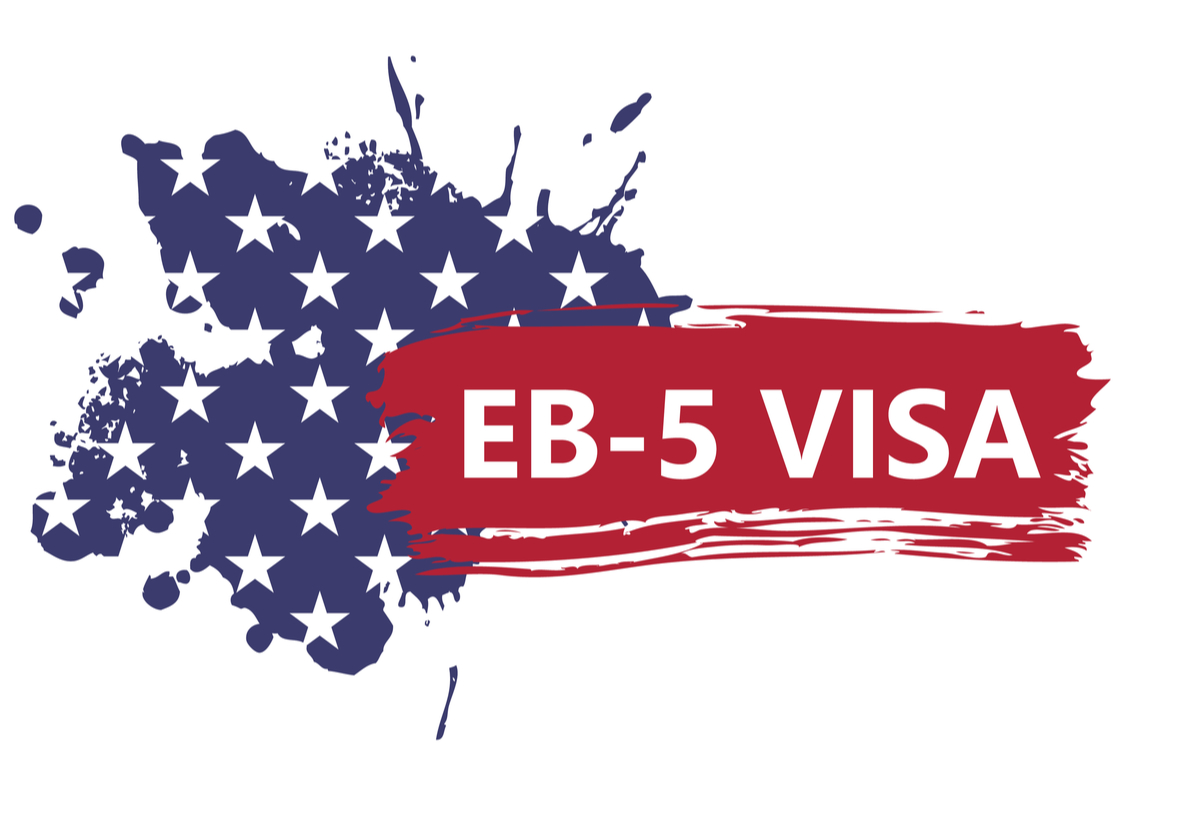 BY JOHN D TISHLER
BY JOHN D TISHLER
On October 1, 2013, the Securities and Exchange Commission (SEC) and U.S. Citizenship and Immigration Services (USCIS) published a joint investor alert (Joint Alert) regarding recent investment scams exploiting the EB-5 program. Separately, the SEC announced its second major enforcement action against a regional center for perpetrating a fraud on investors. The first such action against Intercontinental Regional Center in Chicago sent shock waves through the EB-5 community that continue to reverberate in the market.
What was the latest SEC enforcement action against a regional center?
In SEC v. Marco A. Ramirez, et al., the SEC alleged that defendants, owners of the USA Now regional center:
• made false promises to investors concerning the opportunity to receive visas and returns on investments;
• solicited EB-5 investments before receiving regional center designation;
• misrepresented to investors that funds were held in escrow; and
• misappropriated investor funds.
Specifically, the SEC alleges that investor funds were diverted to a separate business not described in the offering materials, to repay another investor, and even to purchase a car for an employee.
In July, the press reported that the FBI raided the offices of the regional center and the home of Mr. Ramirez. Press reports included a link to the FBI search warrant, which described the alleged fraud in detail. Nonetheless, the regional center continued to operate and market to new investors until the SEC successfully obtained emergency relief to freeze its assets and accounts.
According to the SEC complaint, the USCIS had not approved any of the I-526 immigration petitions filed by defrauded investors.
What does the Joint Alert say?
The Joint Alert states that foreign investors are frequently targeted by regional centers in an attempt to use the EB-5 program as a means to carry out fraudulent securities offerings. The Joint Alert also reminds investors that a regional center designation by USCIS does not mean that USCIS, the SEC, or any other government agency has approved the investments offered through the regional center.
The Joint Alert also reminds investors that if an investment through EB-5 turns out to be in a fraudulent securities offering, the foreign investors may lose both their investment and the path to lawful permanent residency in the United States.
How does the Joint Alert recommend that investors protect themselves from fraud?
The SEC and USCIS recommend the following steps for foreign investors to help protect themselves from fraud:
- Confirm that the regional center is designated by USCIS. Designation by USCIS lends credibility because it confirms that the regional center has made all required filings with USCIS. It does not however mean that USCIS has endorsed the regional center or reviewed the quality of the investment it offers.
- Obtain copies of documents provided to USCIS by the regional center. These include the I-924 application, each I-924A filed at the end of each calendar year, and the supporting documentation provided to USCIS.
- Demand written information regarding the offered investment. Carefully review the offering memorandum and research similar projects in evaluating the proposal. Follow up with any questions. If you do not understand the information in the document or if the issuer is unwilling or unable to answer your questions, do not invest.
- Ask if promoters are being paid. Ask whether any third parties assisting with the offering (including consultants, lawyers or agencies recommending or endorsing the investment), are being paid for recommending the investment, including how much money and what type of benefit they expect to receive.
- Be skeptical of information from promoters that is inconsistent with the investment offering memorandum.
- Perform due diligence. Seek independent verification that the claims regarding the investment are true.
- Examine structural risk. Understand that the new commercial enterprise receiving the investment may have no assets other than its loan or other interest in a separate project. Review the offering documents carefully to determine what rights the new commercial enterprise has compared to others with interests in the project.
- Consider the developer’s incentives. Regional center owners and developers who do not make a capital investment into the project may not have the same interest in the project’s success as its investors.
Is there anything else investors should do to protect themselves from fraud and select an appropriate investment?
Absolutely. We consider the recommendations in the Joint Alert to be a good, but only partial, list of the important due diligence that investors should perform on any project. Below are some additional due diligence steps we recommended in a Sheppard Mullin alert:
- review the backgrounds of regional center and/or project principals;
- study the qualifications and reputation of the economist producing the economic regional center study;
- have a qualified individual breakdown the fees, the specifics of the return of investment, and the “waterfall” (the priority of payments ahead of the EB-5 investors);
- evaluate the percentage of EB-5 money in the capital stack and where the other money is coming from;
- consider the job cushion (i.e., how many jobs over the requisite ten are being projected?);
- evaluate the reasonableness of the data inputs, including whether or not third party feasibility studies were conducted (consider engaging an industry expert to review data);
- determine the investor’s place in line for job allocation;
- review the reasonableness of the project timeline (paying attention to when jobs will be created as well as the current delay in USCIS processing times – now over 18 months for I-526 adjudications); and
- review and assess escrow terms and the possibility of return of funds if I-526 is denied based on no fault of the investor.
There is no perfect project for every investor. Some projects may present strong and highly supportable job creation, increasing the likelihood of obtaining a conditional visa and having conditions removed, but may have weaker investment characteristics (such as likelihood of a sale or refinance enabling return of investor capital). In other cases, investment characteristics may be stronger, but the risks of the immigration service not approving the project on its merits or not removing conditions is higher. With the assistance of qualified professionals, investors should carefully consider their individual priorities in selecting the best projects for themselves.
What does the Joint Alert say are some warning signs of fraud?
The SEC and USCIS note the following as “hallmarks” of fraud:
- Promises or guarantees of a green card. EB-5 investments only make an investor eligible to apply for a conditional visa. They are not guaranteed to result in conditional or permanent residency.
- Guaranteed investment returns or no investment risk. EB-5 investments must be “at-risk,” without the guarantee of any return.
- Overly consistent high investment returns. Be suspicious of an investment that claims to provide, or continues to generate, consistent high rates of return.
- Unlicensed sellers. Regional center designation does not confer any authority to a regional center to perform traditional investment banking functions such as raising capital for others. Those activities are the subject of separate broker-dealer laws enforced by the SEC and various states (and for registered broker-dealers, rules adopted and enforced by the Financial Industry Regulatory Authority (FINRA)). Licensed broker-dealers introduce a number of investor protection mechanisms that are absent when the sales agents are not licensed. (See below.)
- Layers of companies managed by the same individuals. In these circumstances, confirm that conflicts of interest have been fully disclosed and are minimized.
I am a potential investor and the project I am looking at has one or more of the above “hallmarks” of fraud. Should I walk away?
Not necessarily. For example, many EB-5 projects today are marketed without the use of licensed broker-dealers. In some cases, the activities of the regional center and foreign marketing agents are arguably not subject to licensing requirements. Additionally, many good EB-5 investments are made in new commercial enterprises that invest into related businesses. Investors without substantial experience in project finance and the particular industry will have a difficult time distinguishing good investments from bad investments without the benefit of professionals performing the due diligence identified above.
Is fraud the only concern of the SEC and the securities laws?
No. While all securities laws are designed for the protection of investors, these laws govern many activities that do not involve any deliberate attempt to deceive. A regional center that uses funds properly and in accordance with its disclosed use of funds might still have significant exposure in SEC civil enforcement actions, private actions by plaintiffs, and even criminal proceedings. (While the SEC has no criminal enforcement authority, the U.S. Department of Justice and state equivalents do.)
The SEC Staff has spoken on various activities unrelated to fraud that are subject to SEC oversight. These include:
- the need for an applicable registration exemption for the offer and sale of securities;
- registration requirements for persons in the business of effecting transactions for the account of others (i.e., broker-dealer laws);
- registration and operations requirements for investment advisers (i.e., persons who manage funds that hold investor money); and
- registration and operations requirements for certain investment companies.
I am a regional center principal or a project sponsor and I am complying with the securities laws and providing a solid investment opportunity to persons seeking legal residency through EB-5. How can I distinguish my project in the marketplace from the weaker or fraudulent projects?
The following are ways to enhance the credibility of your offering:
- Align with experienced EB-5 professionals who have identities and accomplishments inside and outside of the EB-5 community. The use of EB-5 for larger, syndicated, third-party managed investments is relatively new, and securities laws were not enforced in the program until recently. Accordingly, past “successes” in EB-5 are not necessarily indicative of quality or reliability. Professionals that have established and maintained strong identities in other domains can lend credibility.
- Obtain reliable, third-party validation of project quality. Such validation can be in the form of reports from independent sources on important aspects of the project. It can also be in the form of others who have put substantially more capital at risk into the same project and therefore have done their own due diligence on the project. Partnerships with governmental agencies can also provide some reliability, but unfortunately some of the troublesome projects causing the market concern have involved public-private partnerships.
- Use a broker-dealer. Broker-dealers have obligations under FINRA rules to determine both that there is a reasonable basis to recommend the investment generally and that the investment is suitable for the particular investors. Broker-dealers must perform involved due diligence to meet those obligations. Accordingly, investors investing in a project through a broker-dealer will know that a substantial amount of due diligence has been performed and a suitability has been determination made.
DISCLAIMER: The views expressed in this article are solely the views of the author and do not necessarily represent the views of the publisher, its employees. or its affiliates. The information found on this website is intended to be general information; it is not legal or financial advice. Specific legal or financial advice can only be given by a licensed professional with full knowledge of all the facts and circumstances of your particular situation. You should seek consultation with legal, immigration, and financial experts prior to participating in the EB-5 program Posting a question on this website does not create an attorney-client relationship. All questions you post will be available to the public; do not include confidential information in your question.








